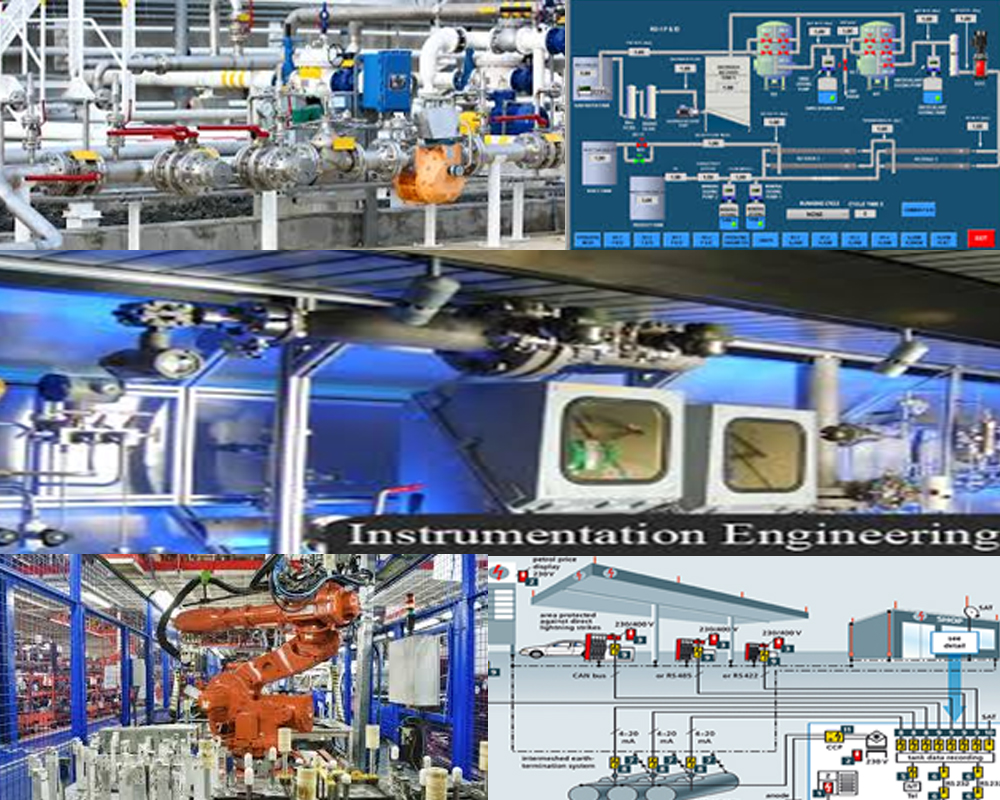ENGINEERING
Meeting with clients to discuss their technical and engineering needs. Conducting site visits and researching technical processes. Conducting external market research. Providing expert advice on available solutions and technical changes.


ENGINEERING
MECHANICAL ENGINEERING
MARINE ENGINEERING
CIVIL ENGINEERING
MECHATRONICS ENGINEERING
INSTRUMENTATION ENGINEERING
IT ENGINEERING
ELECTRICAL AND ELECTRONICS

MECHANICAL
Mechanical engineering is one of the broadest engineering disciplines. Mechanical engineers design, develop, build, and test. They deal with anything that moves, from components to machines to the human body.

MARINE
Provide operational and engineering support to Marine Vessels. Performs engineering analysis and documentation of vessel’s condition. Manage vessel machinery performance and efficiency. Provide engineering support to management in the repair, modification, and overhaul of vessels.

CIVIL
National, regional and urban infrastructure development projects are often large-scale and take a long period of time to complete. Civil engineering consultants receive orders from the client, and participate in the projects from the conceptualization and/or planning stage.

MECHATRONICS
A mechatronics engineer specializes in designing and developing mechanical systems to produce different products, ensuring quality and smooth workflow. They may also assess existing systems and implement improvements for optimal performance.

INSTRUMENTATION
An instrumentation engineer is responsible for researching, designing, developing, and installing a variety of systems and devices that are used in manufacturing facilities and plants. This involves: Designing and testing equipment.

Information Technology
The Information Technology Consultant works with user groups to solve business problems with available technology including hardware, software, databases, and peripherals; services may include studying and analyzing systems needs; input into systems development; systems process analysis, design, and re-engineering.

ELECTRICAL AND ELECTRONICS
Electrical engineers apply the principles of electricity, electronics, and electromagnetism to develop electrical products and systems. They perform risk assessments and ensure compliance with safety standards and electrical engineering codes. They also conduct research to create new applications.

Few Reasons Why You Should Choose Us
We seamlessly merge two key components – economics and information technology.
